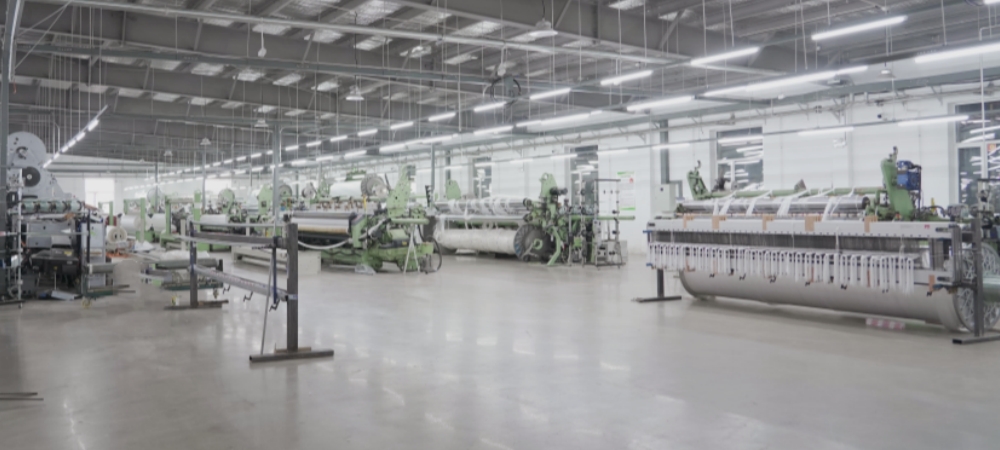
When purchasing industrial filter cloth, many people find themselves asking the same question: Is this filter cloth I bought really worth it? A seemingly simple piece of filter cloth actually conceals complex processes and significant quality differences. Therefore, learning how to distinguish the quality of industrial filter cloths is of great importance. Today, Bolian Filtration will introduce you to four practical methods to help you select truly high - quality filter cloths!
Although industrial filter cloth may appear simple in structure, careful visual inspection can reveal a great deal about its quality. Start by examining the weave pattern—such as twill, plain, or satin—as each corresponds to different mechanical properties and filtration characteristics. For example, twill - weave cloth has a tight structure and is suitable for high - intensity filtration scenarios; plain - weave cloth has better breathability and is suitable for general working conditions. In addition, observe the gloss and uniformity of the filter cloth's surface. Generally, long - fiber filter cloths are smooth and glossy, while short - fiber cloths have a rougher texture. This initial "look" step lays the foundation for selecting high - quality filter cloths.
By touching the filter cloth, you can roughly assess its coarseness, and texture. For more precise evaluation, count the number of threads in a 10 cm section to check thread density. Some filter cloths also come with labeled density specifications for your reference.
When appearance and touch can’t differentiate similar materials, weighing helps. Take equal-sized samples of different cloths and compare their total weights. A higher weight typically indicates a denser and more durable fabric.
The burning test is useful for identifying fiber types: Polyester filter cloth emits black smoke when burned. Polypropylene filter cloth burns with a bluish flame.

By applying these four methods—Look, Touch, Weigh, and Burn—you can effectively assess the quality of industrial filter cloths and avoid losses from poor material selection. Additionally, it’s wise to choose manufacturers with a solid reputation and a strong commitment to quality—such as Bolian, which has extensive experience and a focus on corrosion resistance, filtration precision, and long service life.